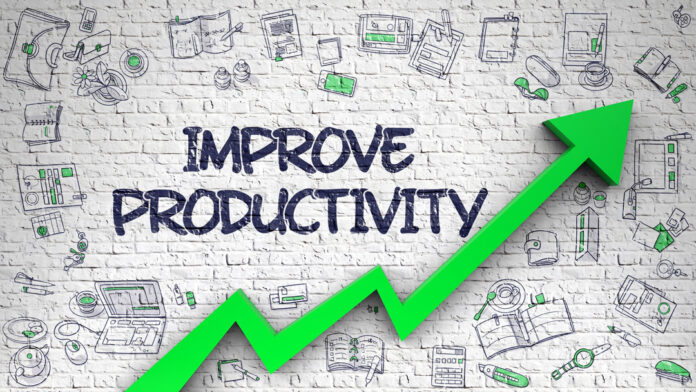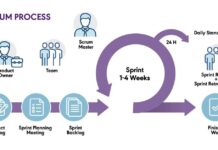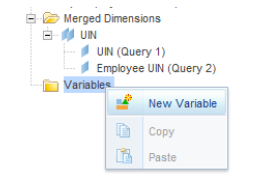People – Efficiency into Effectiveness
We have covered the following in previous articles:
Complex problems require specialized knowledge of many things. Accept that you can’t do it all.
If your calendar is bursting at the seams because you say yes to every request, you won’t have time to take care of yourself. All these efficient tools leave us scheduled, restricted, and less connected.
It’s much easier to decide how to spend your time if you’re in touch with your values and the goals they drive. You need to concentrate and delegate. Jettison as much as you can to gain focus & productivity.
We are either delegating to our calendar or other people. Productivity masters are gifted at balance and timing, finding the ideal slots to do work when there are times for that in context, energy, and priority. Here are some rules that work.
- Do it NOW if you will spend less than 2 minutes accomplishing the task.
- Delegate if it’s more than 2 minutes and you are not the right person.
- Defer if I am the right person, and it takes more than 2 minutes.
Time management does not exist. It is about avoiding procrastination.
You do things you love and procrastinate on things you hate, so make a list to determine what you need to outsource and what you will tackle. Delegating to people can avoid procrastination and increase productivity.
The skills of efficiency that make you competent and skilled will not make you good at managing people. People management requires three core abilities.
- You can find strengths and personality patterns that match the tasks at hand.
- You can hire and fire without emotion.
- You can set and stick to 1-2 priorities at a time. You can only focus on two at a time.
We must be effective with people, striving to achieve the desired outcome, but we cannot expect to be efficient. We can’t timebox a conversation to 10 minutes and expect others to take a direction, follow through, and make corrections. That would be efficient, but people must understand on their own time. People are not computers.
Write down all tasks and assign priorities, but only pick two and ensure everyone focuses on those two priorities. If you manage a team, ensure everyone is assigned 1-2 priorities.
Summary
Combining all four into your system will get the highest capacity out of each tool. A sound system will have a clear and visible Mission that highlights your values. Roles and goals should be linked to your Mission. The system should measure to balance your roles, goals, and priorities. Schedule priorities on a calendar and allow any new opportunity to compare against the steady stream of scheduled opportunities.











